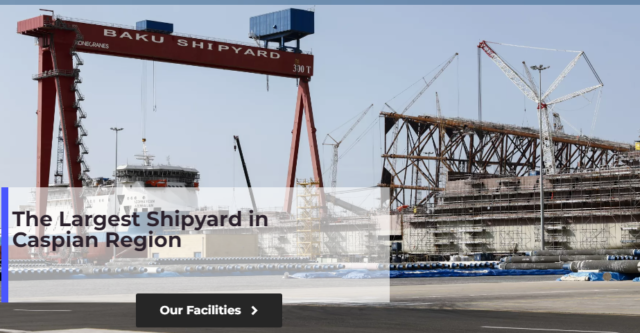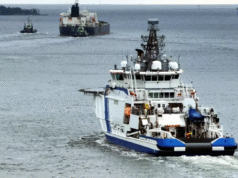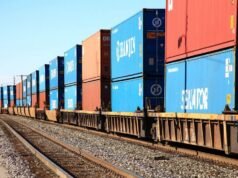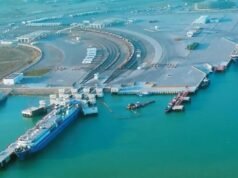Baku Shipyard is ready to accept foreign orders, Report informs referring to the Baku Shipyard LLC.
The negotiations are currently underway with Kazakhstan, and if they are successfully completed, the enterprise will be able to begin manufacturing vessels for this market.
A source noted that the enterprise is currently building four tankers, one ferry and one dredger for dredging operations in the Caspian Sea.
“The completion of the dredger is scheduled for May-June of this year, the first tanker for the end of 2025, the ferry for February-March 2026, and the remaining tankers for the end of 2026. In addition, four diving vessels are at the design stage,” the source noted.
This year, the Baku Shipyard plans to begin building three more passenger ships for transporting oil workers to offshore platforms, as well as a firefighting vessel for the Ministry of Emergency Situations. The source noted that all orders are intended for local clients: “The plant is actively working to attract new projects, including by expanding the ship repair direction to support offshore projects.”
Baku Shipyard has already established itself as a key player in the shipbuilding of the Caspian region. One of its significant projects was the construction of the Khankandi submarine, commissioned in 2017. It played a decisive role in the underwater work of the second phase of the Shah Deniz project, which today is the main source of natural gas supplies from Azerbaijan to Europe.
Baku Shipyard, located on an area of 620,000 square meters, was established in 2011 and officially opened on September 20, 2013. The plant is a resident of the Garadagh Industrial Park and the largest shipyard in the Caspian Basin. The production capacity of the enterprise is 25,000 tons of metal structures per year, and ship repair capacities allow servicing from 80 to 100 vessels annually.
Over 11 years of operation, the plant has built 11 vessels. Today, the enterprise is operating at full capacity, and given the growing demand for vessels in Azerbaijan and in the Caspian Sea as a whole, work is underway to expand production. In the future, the plant plans to increase production volumes from 6-8 to 10-20 vessels per year.







